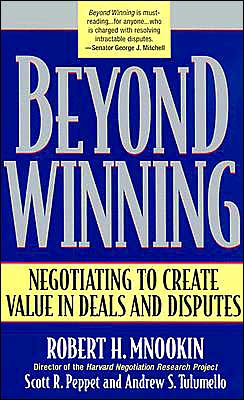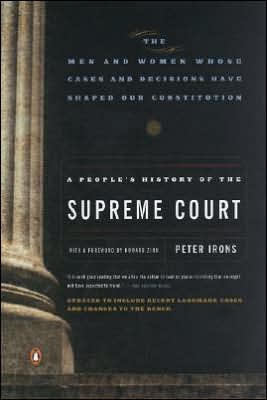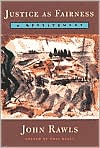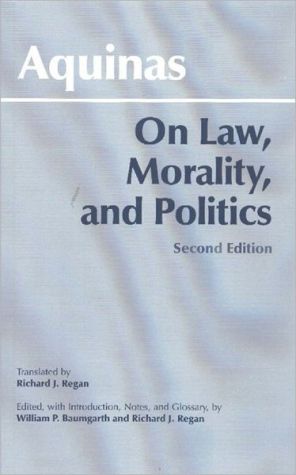The Smart Culture: Society, Intelligence, and Law
Search in google:
What exactly is intelligence? Is it social achievement? Professional success? Is it common sense? Or the number on an IQ test? Interweaving engaging narratives with dramatic case studies, Robert L. Hayman, Jr., has written a history of intelligence that will forever change the way we think about who is smart and who is not. To give weight to his assertion that intelligence is not simply an inherent characteristic but rather one which reflects the interests and predispositions of those doing the measuring, Hayman traces numerous campaigns to classify human intelligence. His tour takes us through the early craniometric movement, eugenics, the development of the IQ, Spearman's "general" intelligence, and more recent works claiming a genetic basis for intelligence differences. What Hayman uncovers is the maddening irony of intelligence: that "scientific" efforts to reduce intelligence to a single, ordinal quantity have persisted--and at times captured our cultural imagination--not because of their scientific legitimacy, but because of their longstanding political appeal. The belief in a natural intellectual order was pervasive in "scientific" and "political" thought both at the founding of the Republic and throughout its nineteenth-century Reconstruction. And while we are today formally committed to the notion of equality under the law, our culture retains its central belief in the natural inequality of its members. Consequently, Hayman argues, the promise of a genuine equality can be realized only when the mythology of "intelligence" is debunked--only, that is, when we recognize the decisive role of culture in defining intelligence and creating intelligence differences.Only culture can give meaning to the statement that one person-- or one group--is smarter than another. And only culture can provide our motivation for saying it. With a keen wit and a sharp eye, Hayman highlights the inescapable contradictions that arise in a society committed both to liberty and to equality and traces how the resulting tensions manifest themselves in the ways we conceive of identity, community, and merit. Booknews Legal scholar Hayman traces the history of intelligence, asserting that it is not simply an inherent characteristic, but reflects the interests and predispositions of whoever is doing the measuring. He describes several campaigns to classify human intelligence, among them the early craniometric movement, eugenics, the development of the IQ, Spearman's general intelligence, and more recent efforts claiming a genetic basis for differences in smarts. The appeal, he concludes, is political rather than scientific, and the whole notion must be dropped before anything approaching political equality can flourish. Annotation c. by Book News, Inc., Portland, Or.
Acknowledgments1Introduction: Smart People12The First Object of Government: Creation Myths273In the Nature of Things: Myths of Race and Racism994A Neutral Qualification: Myths of the Market1675Creating the Smart Culture: Myths of Inferiority2156The Smart Culture: Myths of Intelligence2537The Constitution Is Powerless: Myths of Equality under Law307Epilogue: The Next Reconstruction371Notes375Index391








